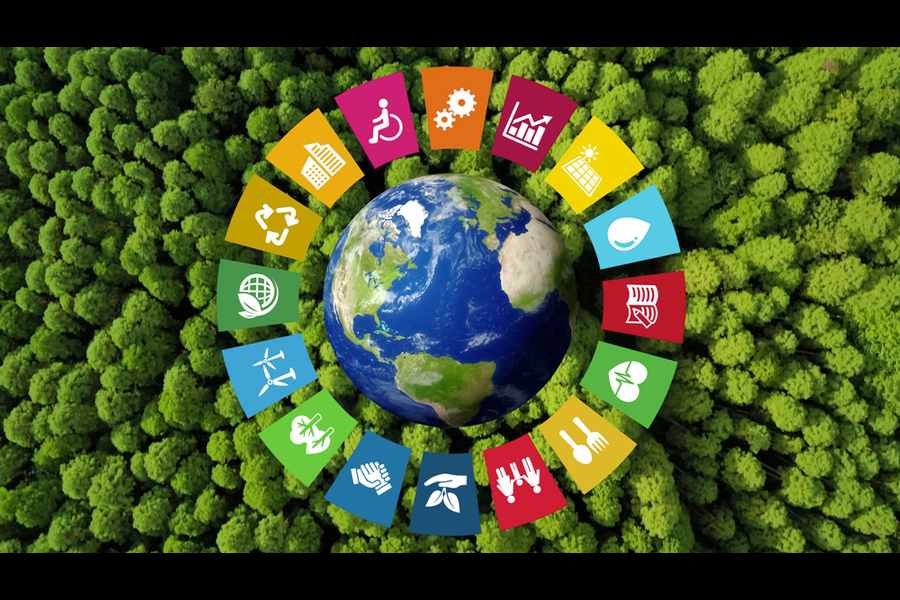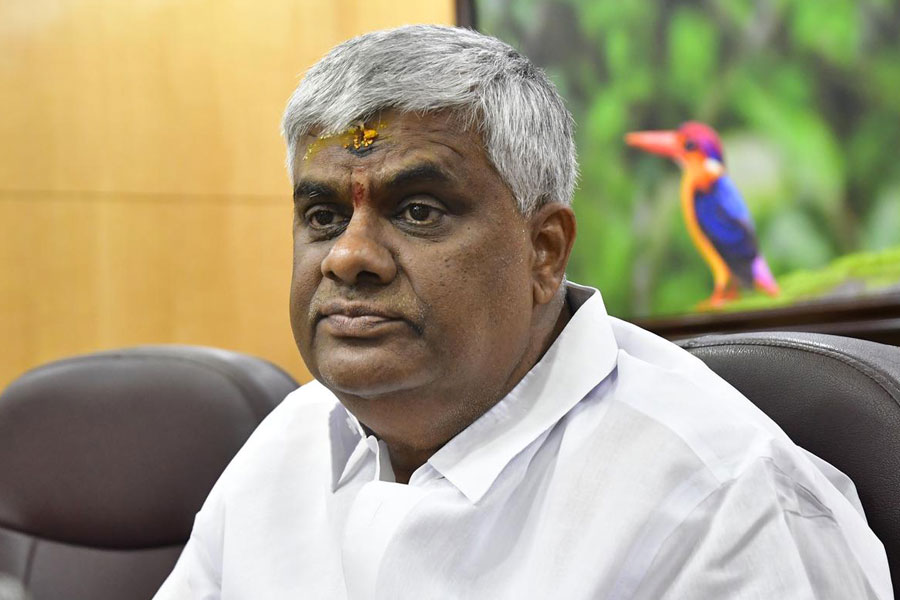The State of India’s Environment 2024 report by the Centre for Science and Environment ranked India at 112 among 166 countries based on its efforts towards achieving the United Nations’ Sustainable Development Goals in 2023. Pakistan and Afghanistan are the only two South Asian countries behind India in this ranking. With a score of 63.45%, India was found to be on track on parameters like ‘poverty’, ‘sustainable consumption’ and ‘climate action’ — but its performance on these indexes has not shown any improvement since 2022. Worryingly, India has fallen behind in ‘reducing inequalities’, protecting ‘life on land’ — this relates to the conservation of biodiversity — and ensuring ‘peace, justice and strong institutions’. A comparison with some of India’s immediate neighbours might illuminate the reasons that are leading India to fall behind in fulfilling its SDG commitments. For instance, Bhutan, the best-performing nation in South Asia, has constitutionally mandated that 60% of its land area must be under forest cover at all times. In India, on the other hand, a mere 21.72% of the geographical area is under forest cover; recently, the Supreme Court had to haul up the Centre for ‘substantially diluting’ the definition of forests. Four years and eleven months is the average duration of life lost to air pollution in India. This figure is less than 1.8 years in Sri Lanka; even Pakistan, which ranked below India on the CSE report, performs marginally better on environmental performance, according to a report by Climate Positions.
Even as India falters on some of its SDG commitments, it remains one of the fastest-growing economies; it clocked a growth rate of 8.4% in the last three months of 2023. The fact that the growth is far from inclusive has been proven: the top 10% of the Indian population holds 77% of the total national wealth. Now, the findings of the CSE report suggest that this template of growth remains indifferent to the urgency of India meeting sustainability parameters that are crucial for the quality of life for its people, especially those on the margins. India, incidentally, was placed second-last on the Quality of Life Index in 2023. Equitability and sustainability elude India’s growth story. These challenges must be met — for the sake of the nation and its people.










